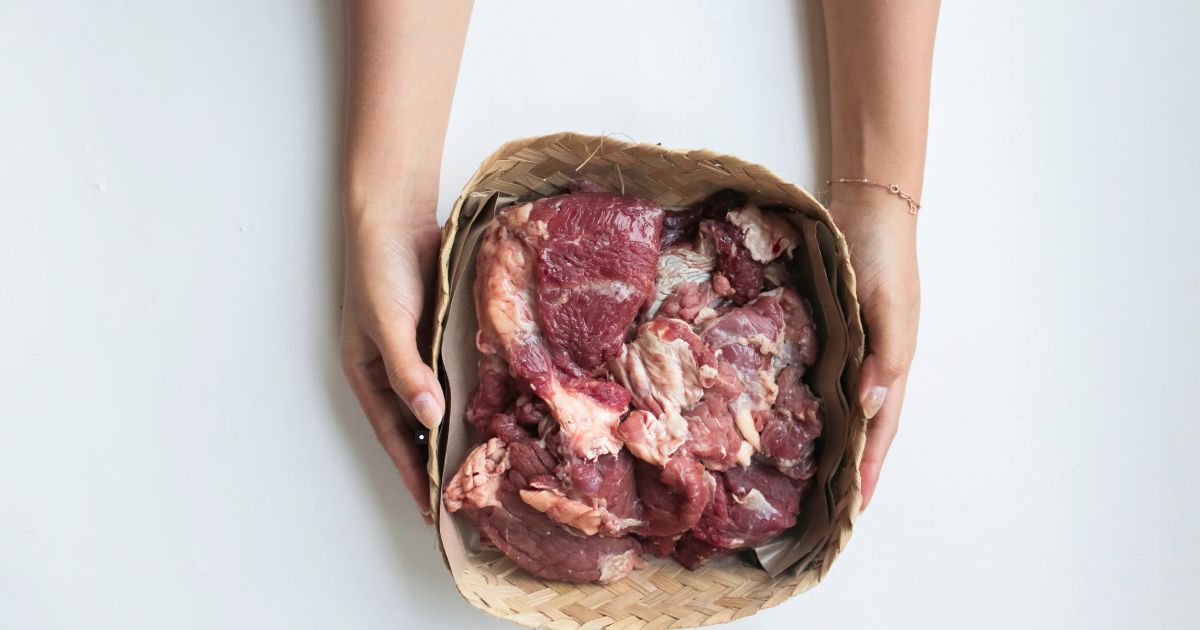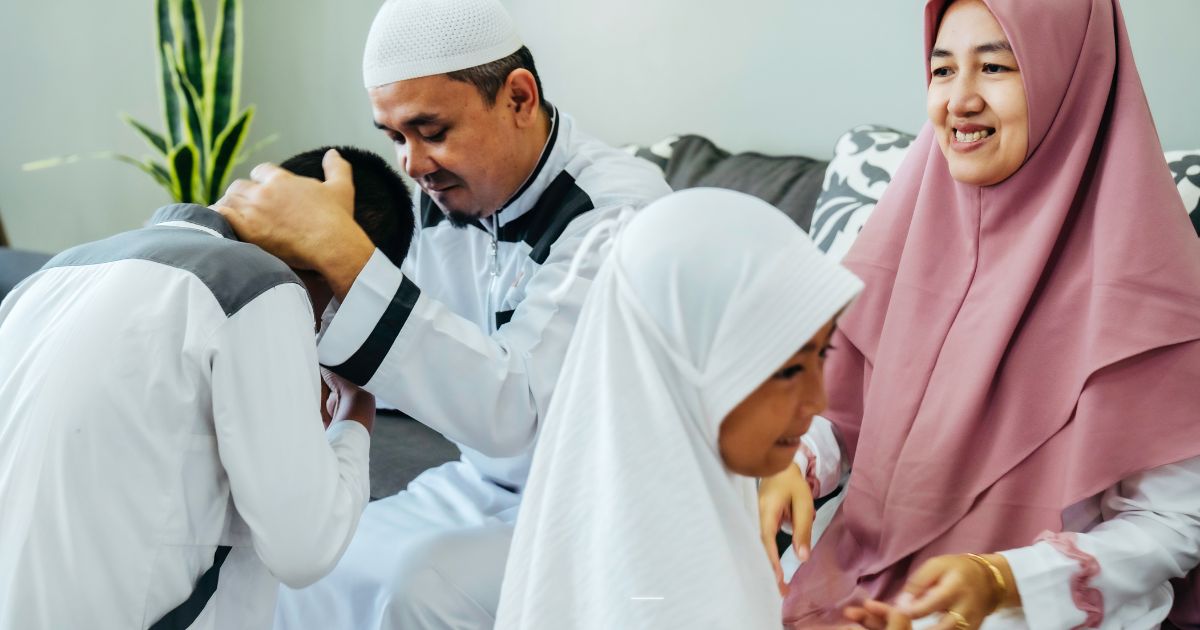Eid al-Adha, also known as the “Festival of the Sacrifice,” is one of the two most significant Islamic holidays, alongside Eid al-Fitr. Moreover, The Islamic festival transcends mere celebration. It’s a cornerstone of the Islamic faith, intricately linked to the Hajj pilgrimage and brimming with rich traditions.
This joyous occasion Celebrates the willingness of the Prophet Ibrahim (Abraham) to sacrifice his son as an act of obedience to God. As Muslims gather to honor this profound event, they reflect on the importance of faith, family, and sacrifice. Let’s explore the religious significance of Eid al-Adha, its connection to the Quran, and the importance of the Hajj in this sacred observance.
Religious Significance and The Importance of Hajj
Eid al-Adha commemorates the powerful story of Prophet Ibrahim’s (Abraham’s) unwavering faith and willingness to sacrifice his son, Ismail (Ishmael), to obey God’s command. Therefore, This narrative is a powerful reminder of several vital Islamic principles.
Eid al-Adha belongs with the final days of Hajj, the annual pilgrimage to Mecca. Hajj is one of the five pillars of Islam. Moreover, for Muslims who are physically and financially able, undertaking the Hajj pilgrimage at least once in their lifetime is a mandatory obligation.
Quranic References
The Quran serves as the foundation of the Islamic faith, and the story of Prophet Ibrahim’s sacrifice is prominently mentioned in its verses. Here are some vital Quranic references that highlight the significance of the festival of sacrifice.
.
- Surah As-Saffat (Chapter 37 ) – This chapter recounts the narrative of Prophet Ibrahim’s trial and his unwavering faith in the face of God’s command to sacrifice his son.
- Surah Al-Hajj (Chapter 22) – This chapter discusses the practice of Qurbani and its connection to Celebrating God’s blessings. Verses emphasize the importance of following specific guidelines for sacrifice and the ethical distribution of meat.
These Quranic references remind us of the importance of faith, obedience, and the spirit of giving that lies at the heart of Eid al-Adha.

Preparations for Eid
Furthermore, Eid al-Adha is filled with joy, family gatherings, and delicious food! But before the festivities begin, there are some preparations to make.
Purchasing Sacrificial Animals – Choosing Wisely for Qurbani
Muslims ensure the animal they buy for Qurbani meets specific Islamic guidelines regarding age, health, and overall condition. Many Muslims donate to charitable organizations that handle the entire process of purchasing, sacrificing, and distributing the meat according to Islamic guidelines. ensuring the meat reaches those in need.
Cleaning and Decorating Homes
Eid al-Adha is a time for celebration, and what better way to celebrate than in a sparkling clean and beautifully decorated home?
Cleaning and Tidying Up
People clean their homes very well to ensure a clean and inviting environment for their families and guests.
Festive Decorations
Eid decorations like lights, banners, and colorful decorations add a festive touch to homes and reflect the joyous spirit of the occasion.
Preparing Festive Meals
Women prepare tasty dishes using Eid-specific recipes, often including meat from the Qurbani sacrifice. Similarly, individuals prepare traditional desserts and treats to enjoy with loved ones.

Eid al-Adha Around the World – A Tapestry of Traditions
Therefore, Eid al-Adha is a happy holiday that Muslims all over the world celebrate! Every place has its unique way of celebrating. Food from different areas of the world is cooked for the big meal. Moreover, People might wear their favorite clothes to prayer and parties.
Sending gifts and cards to loved ones is an excellent way to say happy Eid! In some places, people even visit cemeteries to remember their family members who have passed away. So, even though Eid al-Adha is celebrated everywhere, there are many fun ways to do it, depending on where you live.
Conclusion
In this conclusion, Eid al-Adha is more than just delicious food and presents! It’s a particular time to remember the story of Prophet Ibrahim and his faith. It’s a time to be thankful for all the good things in our lives. By helping others and spending time with loved ones, we can all celebrate Eid al-Adha meaningfully! Eid Mubarak! (This means Happy Eid!)